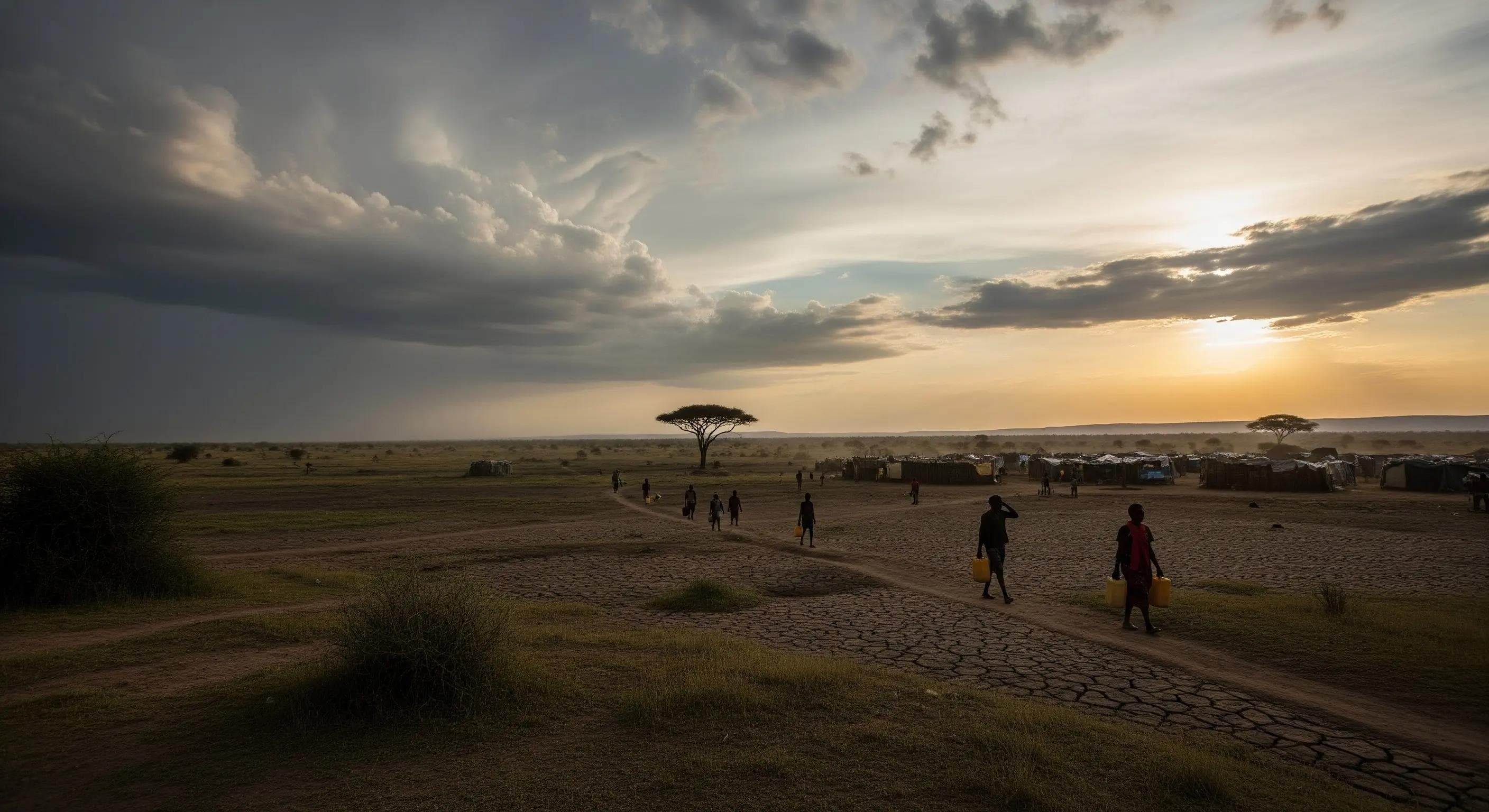NGO Management System for Africa’s Crisis Zones: Kenya, Sudan, Somalia, DRC, Ethiopia, CAR & Beyond
In Africa's most vulnerable regions, including Kenya Sudan, Somalia, the Democratic Republic of the Congo (DRC), Ethiopia, the Central African Republic (CAR), Mozambique, and the Sahel, millions depend on humanitarian aid for survival. But Non-Governmental Organizations (NGOs) face immense challenges: from unreliable data and communication breakdowns to funding accountability and logistical delays. A modern NGO Management System offers a powerful solution. This technology can transform how humanitarian organizations operate in conflict and disaster zones, making aid faster, more transparent, and more impactful.

Why NGOs Need a Management System
Operating in unstable environments comes with:
- Limited access to data due to internet and infrastructure disruptions.
- High operational costs caused by inefficient resource allocation.
- Poor communication between field teams and headquarters.
- Difficulty tracking donor funds and proving impact.
- Security risks to both staff and sensitive data.
A robust NGO Management System solves these challenges by centralizing operations, improving accountability, and ensuring timely responses, even in volatile situations.
Essential Features for NGO Management in Crisis Zones
For humanitarian organizations operating in nations like Sudan, Somalia, and the DRC, a robust NGO Management System isn't a luxury, it's a necessity. Here are the critical features that make a real difference in these challenging environments:
- Real-Time Project Tracking: Monitor ongoing relief efforts, from food distribution to medical aid, with live updates from the field. This can be done using mobile apps that allow for quick, efficient data capture.
- Offline Capability: In areas with unreliable internet, the team must be able to work without a connection. An effective system should allow for offline data entry and automatically sync once a connection is restored.
- Security and Data Protection: Protect both the aid workers and the sensitive information they collect. The system must use end-to-end encrypted communication and secure cloud backups to safeguard against data loss and unauthorized access.
- Beneficiary Database: Maintain accurate, up-to-date records of displaced families, children, and other beneficiaries. This ensures that aid is targeted, equitable, and reaches the people who need it most.
- Donor and Funding Management: Build trust with international agencies and donors by providing transparent, detailed reports. Track every dollar from its source to its final use, ensuring full accountability.
- Mobile Access: A mobile-first design is crucial for field staff in rural or conflict-affected areas. The system should be easily accessible and functional on smartphones and tablets for instant updates.
Impact on Humanitarian Work
A digital NGO Management System enables:
- Faster Response Times – Reduce delays in delivering food, water, and medicine.
- Better Resource Allocation – Avoid duplication of aid in some areas while others go without.
- Improved Donor Confidence – Transparency leads to more funding and long-term partnerships.
- Staff Safety – Location tracking and instant alerts enhance field worker security.
Real-World Application: Example in Sudan
Imagine a food relief project in North Darfur. With a management system:
- Field workers update food distribution numbers on mobile devices.
- HQ receives data instantly and sees shortages emerging.
- Donors get automated impact reports within hours, not weeks.
- Aid delivery is re-routed based on real-time needs.
Why Now?
The humanitarian situation in countries like Sudan, Somalia, Ethiopia, DRC, CAR, and Mozambique is worsening. International agencies are pushing for data-driven aid delivery. NGOs without a digital system risk falling behind in both funding and impact.
A powerful NGO Management System isn’t just software, it’s a lifeline for humanitarian organizations in Africa’s crisis zones. By improving coordination, accountability, and speed, NGOs can save more lives with the same resources.
If your NGO operates in Sudan, Somalia, DRC, Ethiopia, CAR, or the Sahel, investing in the right management system could transform your mission.